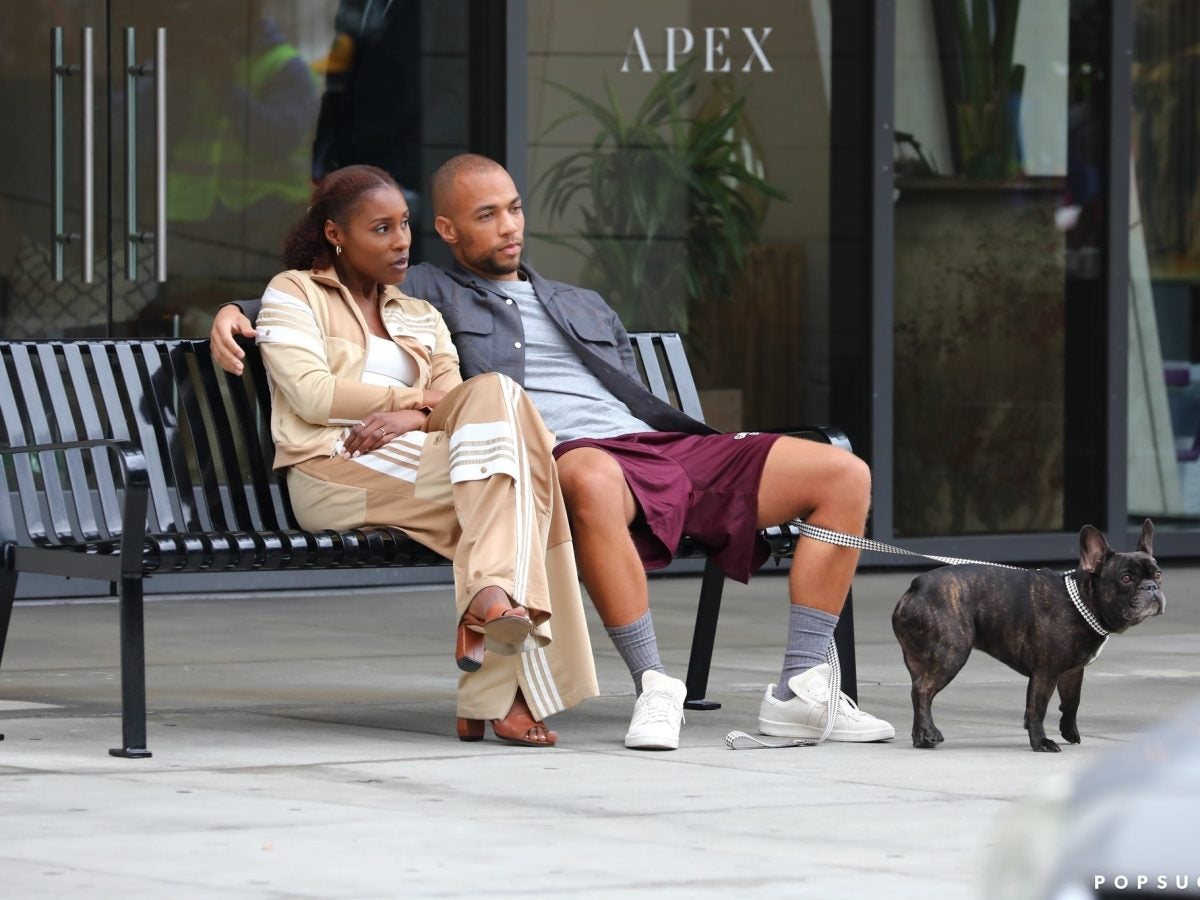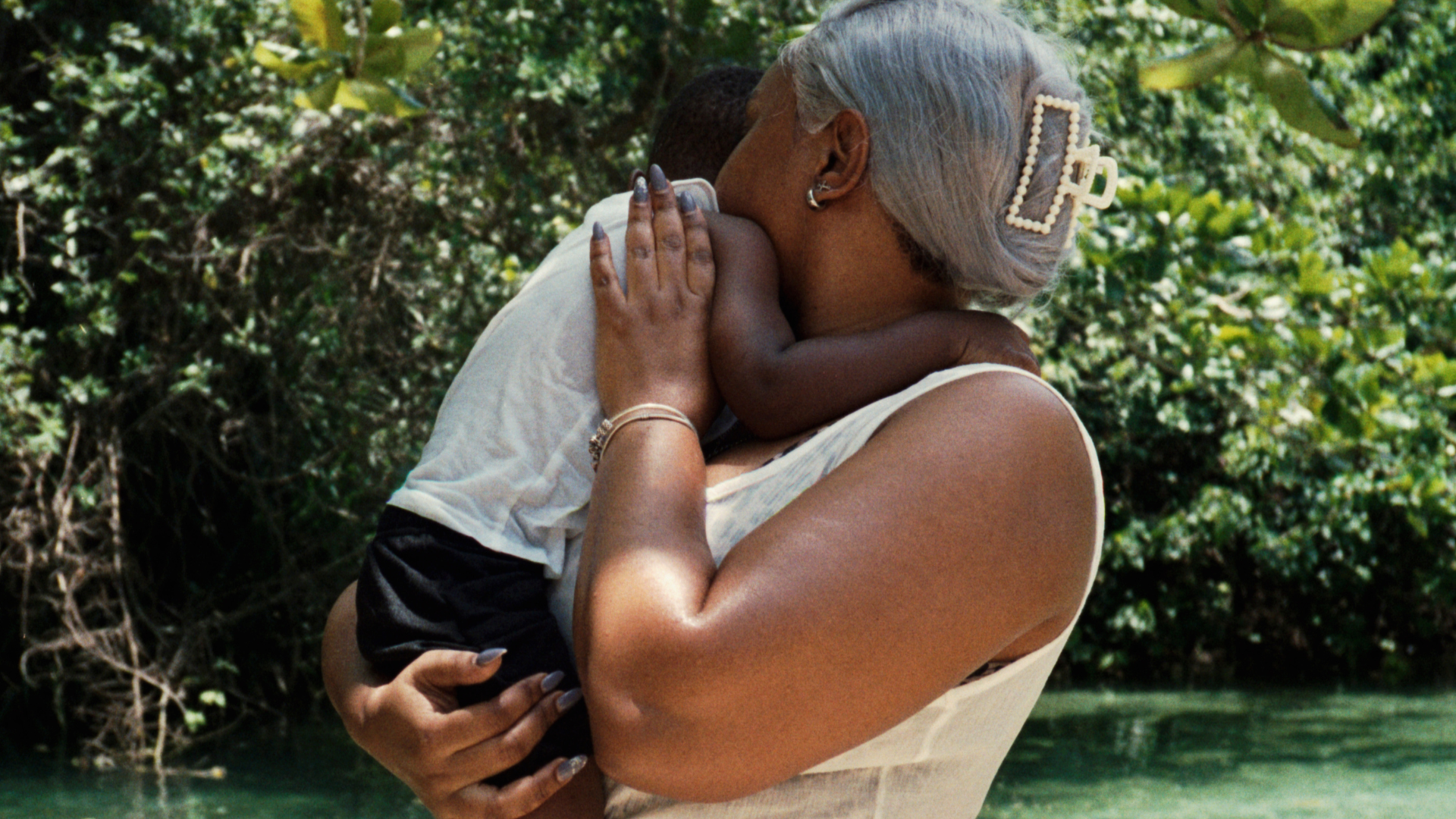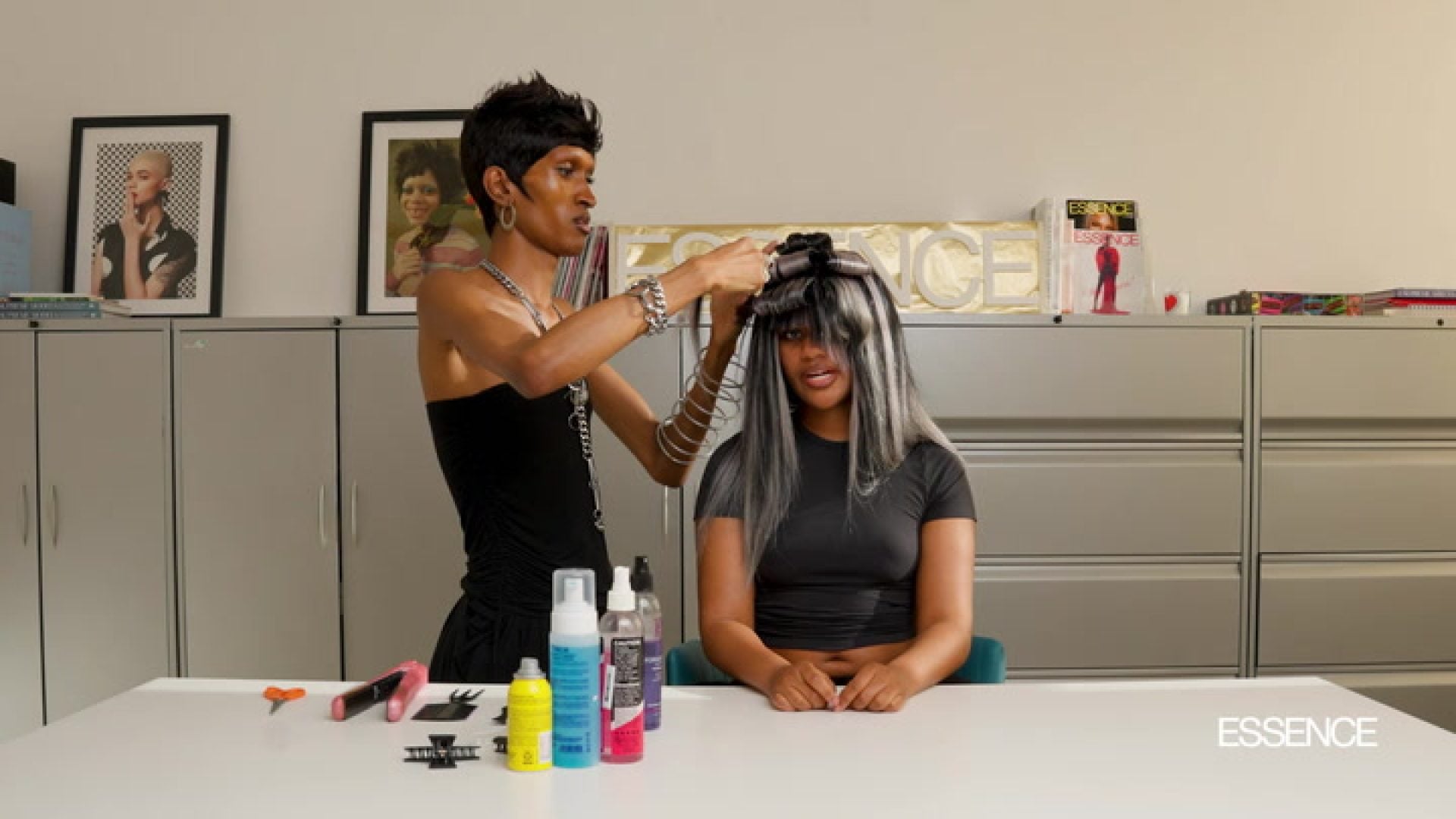
Are we to heal from our own decisions?
Oftentimes, we think of trauma as something that happens to us. It’s external, foreign, lacking alignment, and certainly lacking purpose.
But, what if some of the trauma we experience is because of our own decisions? And, what if these decisions were rooted in feelings: inconsistent, fleeting, and as sporadic as the wind. Wouldn’t that mean that our own decisions cause us to be unstable and lacking security or…insecure?
In this final season of HBO’s Insecure, we see all of the past emotionally based and emotionally-led (because there is a difference) decisions of Issa, Molly, Nathan, Lawrence, and the crew, show up in the form of real life consequences that look like and will eventually mask as trauma. As we look at these four major characters, one (Nathan) may not be responsible for his mental health issues, but the others are experiencing consequences of their decisions that may not have been well thought out, a reflection of awareness, or an introspection of self.
We watch Insecure because it’s good, but also because of the representation as it aligns with Black mental health.
Yes, there is the apparent Bipolar Disorder that Nathan is learning to manage in the midst of wanting to grow, evolve, and remain authentic and sensitive to life. There are several and apparent V-Code disorders, issues that are a focus of clinical attention however are not mental disorders, that Molly exhibits from season to season. And they’re even more transparent as she tries to control her mother’s health, parent’s estate planning, succeed at work and meet a man to fill her emptiness. There is Adjustment Disorder for Lawrence, as he tries to understand how to continue to be the professional he wants to be and a father that he did not choose to be. And then there is also the range of fear-based disorders that is apparent with Issa. She’s been afraid of success, of adulting, of relationships, of being misunderstood, and of growing up and working hard for something, anything, but something. And when we fear, we don’t think. We run and do or stand and fight. But all are based in a sense of survival and instincts, not a sense of logic and decision making.
In S5E7, we begin to see the start of these conversations with the women characters and their very actively planned and scheduled “Girls’ Day.” It turns into an unexpected night of increased awareness, healing, and direction, all because they sat down and began to ask each other, and themselves, some real questions that breeds revelations to real answers. We see this interpersonal questioning when Nathan & Issa have their much-needed talk towards the end of the episode, and they start to openly communicate. In the moment, Nathan had to decide if “different” was moving to a different city or responding to tough situations differently, in confronting and not avoiding. And we saw it emerge with Lawrence as he had to decide what type of co-parent he wanted to be based primarily in action and presence. It’s unclear of his final decision; however we know he wants everyone to be happy because there is no room for selfishness when raising a child, especially when co-parenting.
Then there is our mental health superstar, Kelly, who historically used humor to mask pain and insecurities, but openly decided to walk down the road of self-exploration, first by removing liquor (which is a vital first step because liquor depresses our physical and neurological systems so one can never heal while intoxicated), and then talking about the small lessons that she’s learning that will eventually snowball into the evolution of a more grounded Kelly.
Issa. Issa is our girl. The one that brought us from The Awkward Black Girl of the 2010’s on YouTube to the young-grown ass woman many of us see when we look in the mirror to brush our teeth and state, sing, or rap affirmations to ourselves. Issa’s mental health challenges….things that challenge the health of her mind, spirit, soul, decisions, and future, are generally rooted in her lack of consistency and integrity (as stated by Nathan and Crenshawn, and reinforced by her 3 besties). She is out here making decisions on a whim, however, maturity means that we learn from our lessons and do things differently. But not Issa. She keeps doing the same thing from one season to the next but just with different romantic partners, co-workers, and even different versions of herself.
Issa is always moving too fast with emotionally-based and emotionally-led actions instead of sitting down and thinking, “What do I want in one year and what do I do today that helps me to get to that goal?” Maybe these wants are more rooted in measurable and observable things – not furniture…but a partner. We can bring it even closer to the heart: “Who do I want to BE by the end of the week and how can I sit down and create a plan to make it happen?” This plan needs to include studying yourself. Just like we sit in school and learn to think critically (and without judgement) about history, about human behavior, about expression of art and body…we need to sit and study and think critically about how our own personal history, our own personal human behavior, and our own personal ways that we express ourselves, and ask “Is this who I want to be?” Then, we need to create an actual plan (insert emotional and logical lesson plan to become who we want to be). When this happens, we will be less whimsical and inconsistent….less likely to cause our own trauma…..and a bit more grounded, mature, and SECURE, within ourselves.
Dr. LaNail R. Plummer is a Licensed Professional Counsel or in Maryland and Washington, DC and the CEO and founder of Black mental health organization Onyx Therapy Group.





